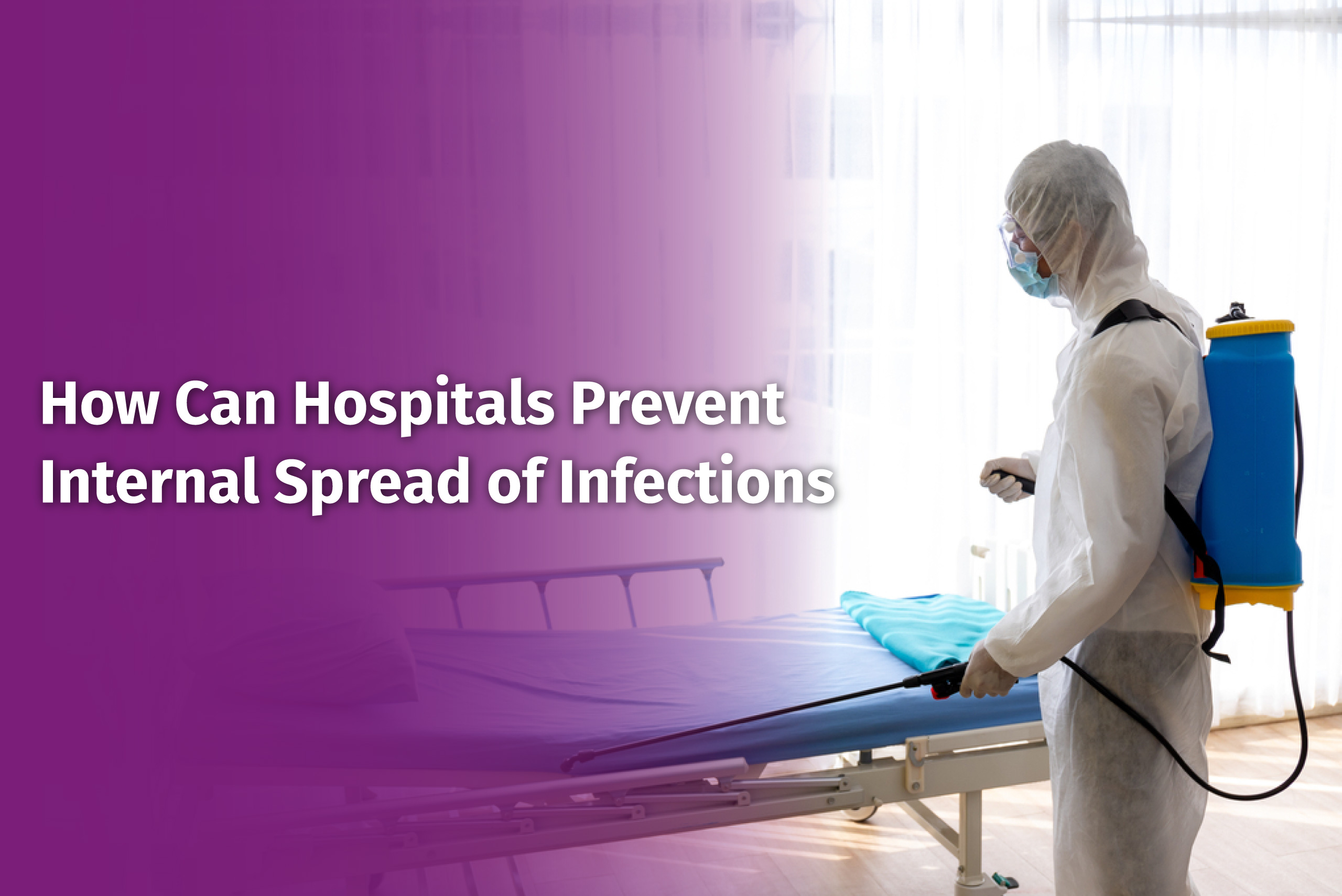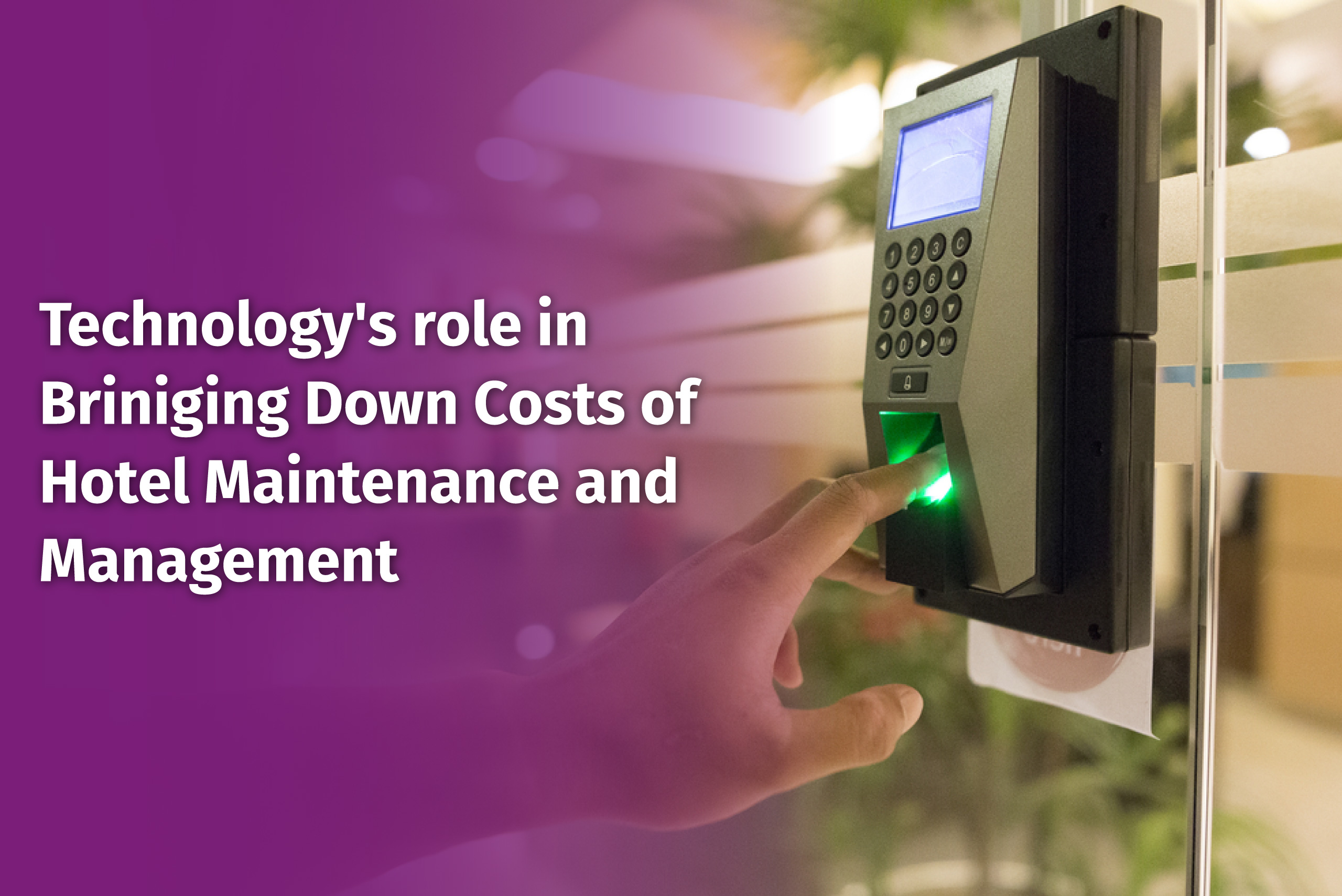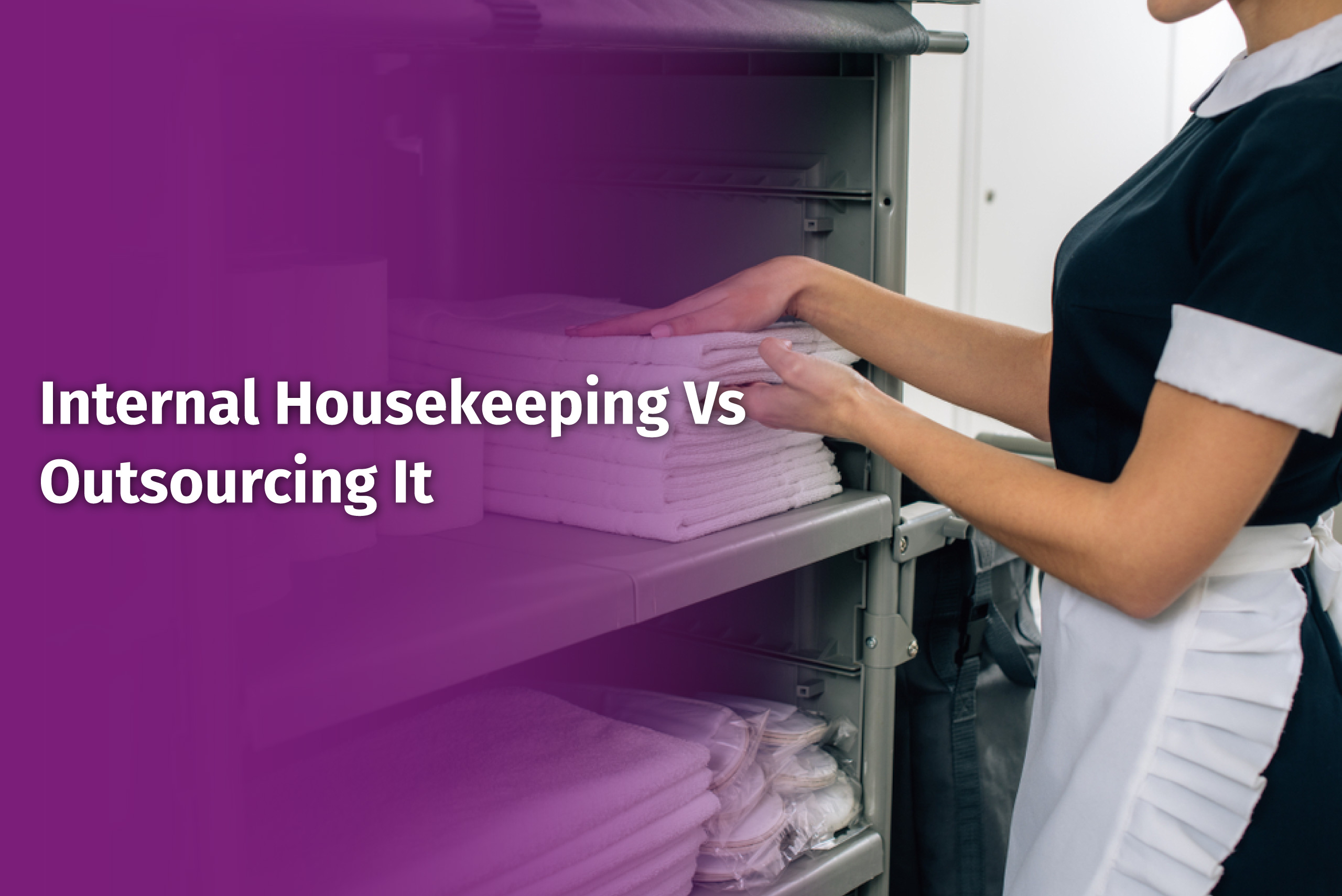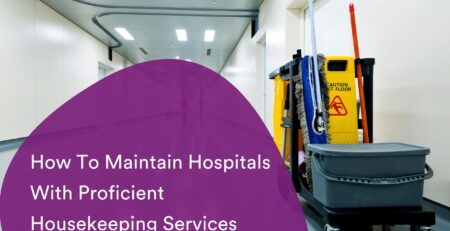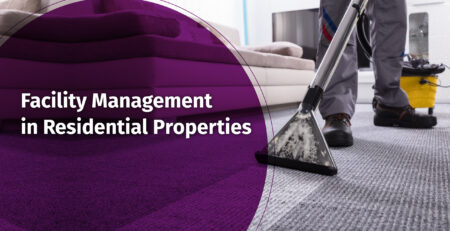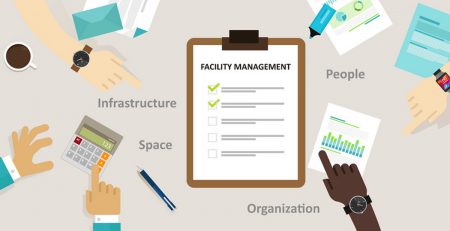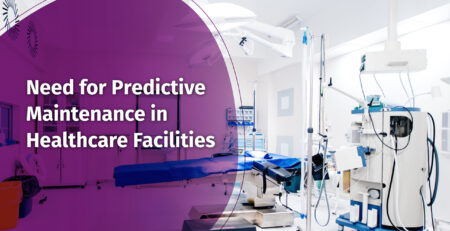Disinfection to Hygiene: Understanding the Impact, Challenges, and Benefits on The Healthcare Sector
According to research reports, the disinfection of floors and surfaces in hospitals and other types of healthcare facilities is a key hygiene pillar of the healthcare sector.
Another report brought out by the World Health Organization (WHO) in 2022 stated that over 24% of patients are affected by healthcare-associated sepsis, and 52.3% treated in the ICU die every year.
The number of deaths increases two to threefold when infections are resistant to antimicrobials, and measuring the true impact of infection-related illness is challenging. Increasing the level of hygiene and maintaining the best hygiene practices is a preventive measure to reduce the spread of infections.
In this blog, we outline key hygiene challenges and effects on the healthcare sector, the impact of disinfection on hygiene outcomes in healthcare facilities, and the benefits of outsourcing the hospital facilities management function to a specialist.
Hygiene Challenges and Effects on The Healthcare Sector
The outbreak of the pandemic in 2020 exposed various lacunae in the healthcare system, especially when it comes to infection and hygiene. Here is a snapshot of the key challenges and impact on the healthcare sector:
- Even in large-scale facilities, the cleaning practices are not scientific enough to drive disinfection outcomes. Secondly, manual efforts require a large cleaning staff to repeat the continuous repeat cleaning function, which is not sustainable. It leads to errors, negligence, and an increased risk of infection among patients.
- Improper treatment and disposal of biohazards and biomedical waste can result in the activation and quick spread of infections. The hospital staff may not have adequate training in best disposal practices.
- Disinfection management is still a manual process, which does not leverage the technological advances of communication and asset management. This can result in delays, missed surface disinfection, and poor management of labor resources and assets involved.
- Healthcare facilities management has the potential to generate actionable insights from data. However, the facilities do not have the means to access and process data to aid in data-driven decisions.
Healthcare facilities are the risk of increased mortality rates due to poor infection management.
Impact of Disinfection on Hygiene Outcomes
It is recommended that hospitals and other healthcare facilities prioritize disinfection and build the resources to make it a sustainable outcome. Daily and terminal disinfection of all surfaces in a healthcare facility reduce bioburden and the risk of cross-transmission across the facility.
Hospitals are also the active risk of infection due to the various range of materials that can turn into biohazards and various equipment that needs to be sterilized properly.
In an in-depth experiment over two years from 2014 onwards, it was observed that hospitals that followed tech-enabled, scientific disinfection methodology were able to deliver a much higher quality of hygiene in 2016.
A mix of mechanized solutions, the use of technologies like Artificial intelligence and machine learning, automated processes, and scientific disinfection methods can help healthcare facilities deliver on their hygiene outcomes.
Benefits of Outsourcing to A Specialist
Hygiene management with a goal of sustainable disinfection requires a comprehensive solution. A facilities management specialist brings multiple skills and expertise to the table with a goal-oriented, accountable approach.
Here is a snapshot of what to expect.
End-To-End Hygiene Solutions
A facilities management specialist leverages a unified platform to manage schedules, workforces, assets, and resources, in real-time.
A combination of automated processes, an AI-based engine, and dynamic analytics and dashboards help bring efficiency, accountability, and transparency to daily operations.
Scientific Surface Treatment Solutions
Hospitals need to regularly disinfect a large amount of surface area to help meet hygiene objectives. This is where antimicrobial technology, with antiviral and antibacterial properties, can be used to treat surfaces.
Any surface treated with antimicrobial composition remains sterile for 90 days as it develops a microscopic spiked coating.
Another strategy is to introduce smart surface disinfection programs, which enable any healthcare facility to mechanize and automate disinfection and cleaning processes. This reduces the scope for missed surfaces and the human labor involved.
Reducing Airborne Infection
Healthcare institutions are increasingly concerned about indoor air quality (AQ). Today, there are cutting-edge air quality solutions to reduce the spread of airborne infections.
Ultraviolet technology plays a major role in this process. For instance, hospitals can install an ultraviolet duct to render any living cells present in the duct inactive.
The main advantages are extended duct life and total germicidal elimination. These solutions are simple to use and implement.
However, a hospital facilities management expert who understands hygiene management is best poised to implement the right end-to-end solution.
Conclusion
Controlling the spread of infection is one of the biggest challenges healthcare facilities face today. However, great strides have been made to confront these challenges head-on. Scientific and technological advances can help hospital facilities management professionals access the tools needed to turn things around.
The best approach to aid this transition is to partner with a specialist who can help bring about a sustainable shift at scale.
RARE Hospitality, an SIS Group Enterprise, a leading hospitality & facilities management company, has partnered with several hospitals to deliver world-class services. Connect with us to start a conversation and bring more value and knowledge leadership to your business.



